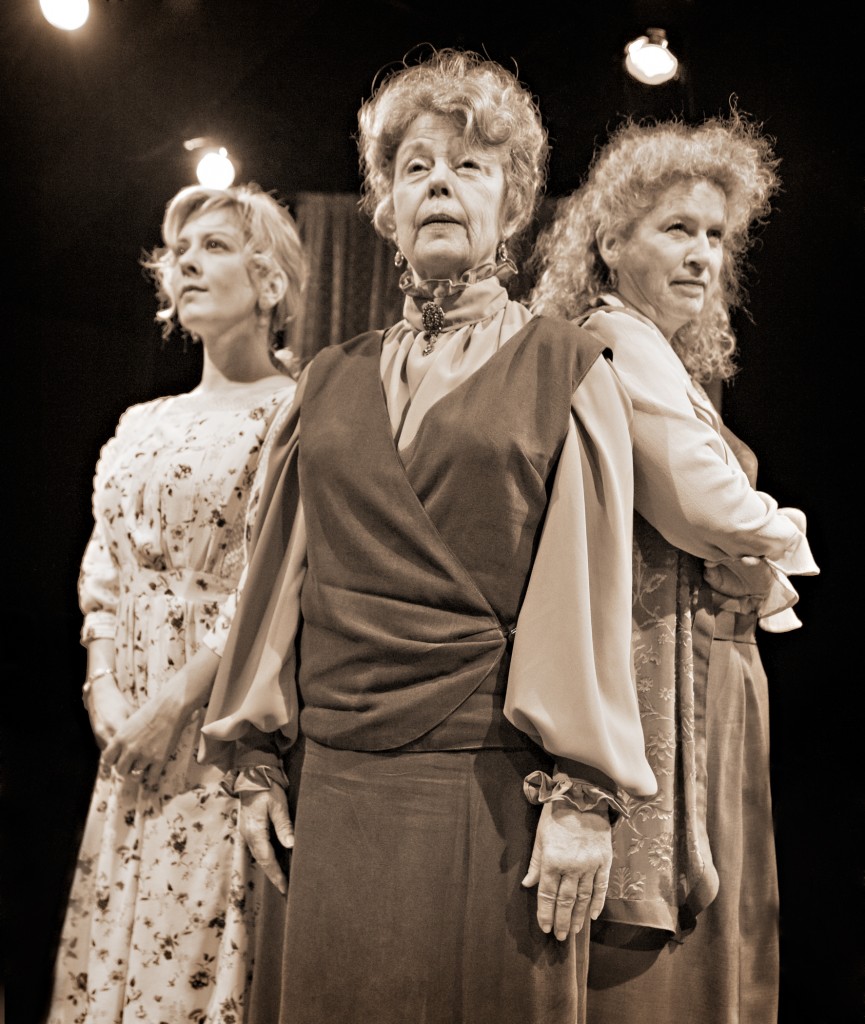
Mr. and Mrs. Scatter headed for BodyVox, the Portland touring dance and performance company, the other night for the public debut of BodyVox-2, the next generation.
BodyVox is a veteran company, filled with performers who have long and deep experience in ballet companies and with such performance troupes as Pilobolus and Momix. They carry their performances with the sureness and muscle memory of artists who have been living with this material for a long time, and, in many cases, who have had pieces created specifically for them and their bodies.
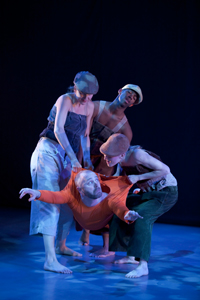 So it’s something of a revelation to see some of these works performed by other bodies. Thursday’s performance included 10 short dances, plus a couple of Mitchell Rose’s terrific short comic films — a smorgasbord of BodyVox hits. Seeing fresh bodies perform them wasn’t just about getting to know a new crop of good dancers in town. It was also about rethinking these works as pieces of choreography that both define the BodyVox style and stand on their own as discrete works of art that have entered the contemporary-dance repertoire.
So it’s something of a revelation to see some of these works performed by other bodies. Thursday’s performance included 10 short dances, plus a couple of Mitchell Rose’s terrific short comic films — a smorgasbord of BodyVox hits. Seeing fresh bodies perform them wasn’t just about getting to know a new crop of good dancers in town. It was also about rethinking these works as pieces of choreography that both define the BodyVox style and stand on their own as discrete works of art that have entered the contemporary-dance repertoire.
These are good dancers, all of whom come to the company with significant training and who now get the opportunity to learn the BodyVox style and absorb some of the knowledge of Jamey Hampton, Ashley Roland, Daniel Kirk, Eric Skinner and other main-company stalwarts. BodyVox vet Zachary Carroll directs the second company, which already has done a little regional touring and several school shows, and he’s done a good job: If things aren’t always quite as crisp as with the main company, this is a highly promising, athletic, nimble young professional ensemble.
The troupe of Jeff George, Kara Girod, Melissa Kanavel, Jonathan Krebs and Josh Murry works well together, especially on such ensemble-oriented pieces as Usual Suspects (top photo), the rollicking Hopper’s Dinner, and the nose-wiggling frolic that is The Bunny (inset photo). Despite their loose-as-a-goose moods, these aren’t easy pieces to perform, and BodyVox-2 pulls them off with a nice combination of recklessness and polish.
The growth of BodyVox-2 means a couple of things. First, BodyVox has become an institution, known for a specific style that can be replicated and performed by multiple casts. That’s a big step in the arts-touring game. Second, it’s a bet on the future, a way to prepare for passing things along. BodyVox isn’t just a group of performers who work together any more. It’s a body of work. And BodyVox-2 makes it much more likely that, come that inevitable day when artistic leaders Hampton and Roland and other veterans retire as performers, BodyVox will continue to grow and thrive. You could call this a legacy moment.
BodyVox-2 has two final performances, at 2 and 7:30 p.m. today, at BodyVox Dance Center, 1201 N.W. 17th Ave., Portland.
PHOTOS: Blaine Truitt Covert
 The superb actor
The superb actor  And trumpeter
And trumpeter  Maybe you link Alpert and art with that famous Whipped Cream album cover from 1965. Dessert is more commonly the subject of
Maybe you link Alpert and art with that famous Whipped Cream album cover from 1965. Dessert is more commonly the subject of 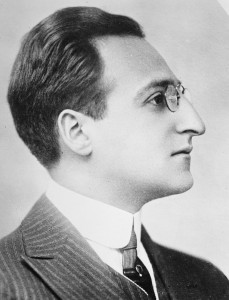 He has also composed essays that resulted in actual financial recompense, including a trio of pieces for that fine and noble stalwart of legacy media, The Oregonian.
He has also composed essays that resulted in actual financial recompense, including a trio of pieces for that fine and noble stalwart of legacy media, The Oregonian.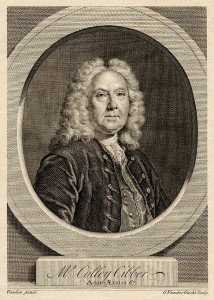 Mr. Scatter is, in fact, in favor of this position and its title, and he admires Oregon’s retiring laureate,
Mr. Scatter is, in fact, in favor of this position and its title, and he admires Oregon’s retiring laureate, 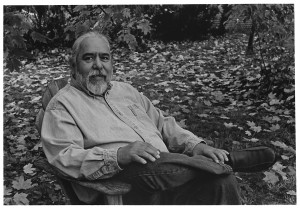 It’s a fine show, worth the trip. And speaking of trips, Mr. Scatter pauses for what might seem a brief diversion but in fact is not.
It’s a fine show, worth the trip. And speaking of trips, Mr. Scatter pauses for what might seem a brief diversion but in fact is not.
 How did Valentine become linked with chubby cherubs and love arrows, let alone chocolate and Champagne?
How did Valentine become linked with chubby cherubs and love arrows, let alone chocolate and Champagne? How we got here is a puzzle, and yet, here we are, at the Valentine’s Day of modern times, with all of its traditions, temptations and demands. Not, all in all, a bad place to be, unless like a dope you forget all about it and schedule a poker game with the boys instead.
How we got here is a puzzle, and yet, here we are, at the Valentine’s Day of modern times, with all of its traditions, temptations and demands. Not, all in all, a bad place to be, unless like a dope you forget all about it and schedule a poker game with the boys instead.

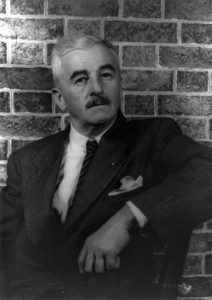 The Willinghams and Irbys and Hickses came from South Carolina and Georgia, places where a naming was a serious and sometimes flowery business. On Long Island and in the Hudson River Valley, where my mother’s side of the family had their roots, the names were historical and solid — Baldwin, Seaman — but without that peculiarly Southern sense that a naming is an almost mystical occasion, an assigning of an intensely personal yet communally meaningful identification for life. My mother’s maiden name is Charlotte Lucille Baldwin, and it’s lovely. But it seems somehow less thethered, less essential to her personality or her family’s historical lot in life.
The Willinghams and Irbys and Hickses came from South Carolina and Georgia, places where a naming was a serious and sometimes flowery business. On Long Island and in the Hudson River Valley, where my mother’s side of the family had their roots, the names were historical and solid — Baldwin, Seaman — but without that peculiarly Southern sense that a naming is an almost mystical occasion, an assigning of an intensely personal yet communally meaningful identification for life. My mother’s maiden name is Charlotte Lucille Baldwin, and it’s lovely. But it seems somehow less thethered, less essential to her personality or her family’s historical lot in life. Especially when you’re talking about the local artists who are the heart and soul of any city’s arts scene, that often means that people who barely have two dimes to rub together are among the ones who jump in and get something done. They raise awareness (pardon Mr. Scatter for employing that overused phrase) and they raise money. I’m not sure why performing artists and restaurant people so often take the lead on this sort of thing, but maybe it’s because both work in businesses where they become acutely aware that nothing gets done right unless everyone works together.
Especially when you’re talking about the local artists who are the heart and soul of any city’s arts scene, that often means that people who barely have two dimes to rub together are among the ones who jump in and get something done. They raise awareness (pardon Mr. Scatter for employing that overused phrase) and they raise money. I’m not sure why performing artists and restaurant people so often take the lead on this sort of thing, but maybe it’s because both work in businesses where they become acutely aware that nothing gets done right unless everyone works together.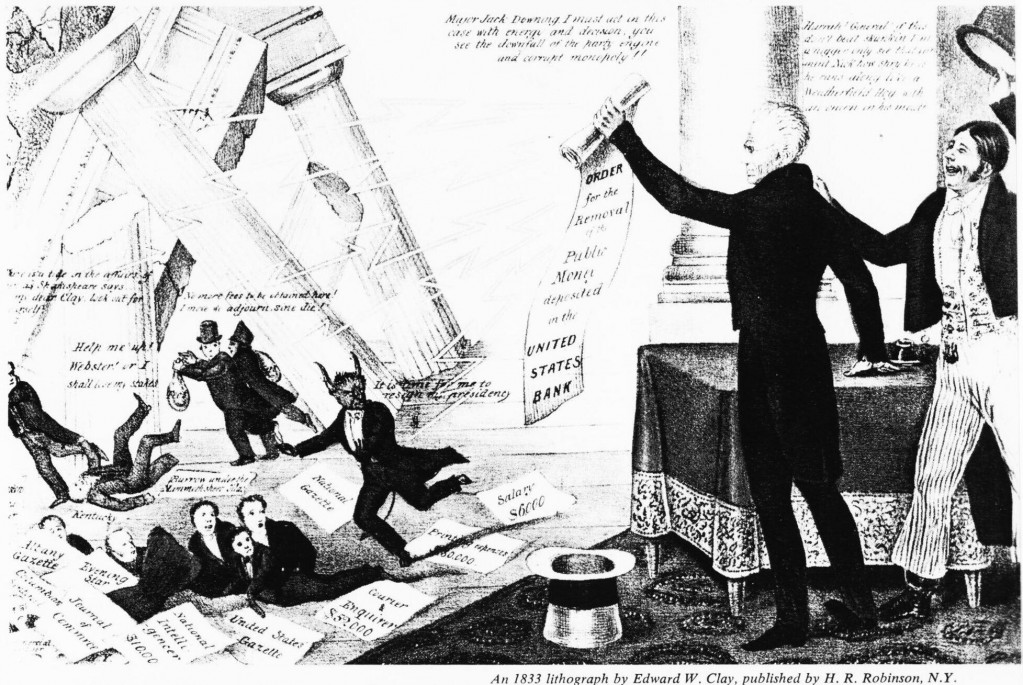
 Art Scatter has changed a lot over its two years. It was the brainchild of Barry Johnson, my friend and longtime arts section compatriot at The Oregonian, who was looking for a way to explore new approaches to journalism outside of the print world. Barry brought me and his friend Vernon Peterson, a lawyer and talented literary critic, into the project, which was planned to be not too taxing on anyone because there would be three people to fill the virtual space.
Art Scatter has changed a lot over its two years. It was the brainchild of Barry Johnson, my friend and longtime arts section compatriot at The Oregonian, who was looking for a way to explore new approaches to journalism outside of the print world. Barry brought me and his friend Vernon Peterson, a lawyer and talented literary critic, into the project, which was planned to be not too taxing on anyone because there would be three people to fill the virtual space. We asked for your advice, and a lot of you gave it. Thanks to Scatter friends and followers Charles Deemer, LaValle Linn, Charles Noble, Brett Campbell, Cynthia Kirk, Mighty Toy Cannon and others for chipping in with preferences and ideas. Each of the three candidates had its fans, and each had its detractors. I appreciate the energy that all of you put into this. And I appreciate that more than one of you noted that design isn’t why you visit Art Scatter, anyway: You come for the writing and the ideas. Special thanks to LaValle for her warning that Web designs can devour your time and sanity in the middle of the night if you let yourself get too deeply drawn into them: Perish that thought!
We asked for your advice, and a lot of you gave it. Thanks to Scatter friends and followers Charles Deemer, LaValle Linn, Charles Noble, Brett Campbell, Cynthia Kirk, Mighty Toy Cannon and others for chipping in with preferences and ideas. Each of the three candidates had its fans, and each had its detractors. I appreciate the energy that all of you put into this. And I appreciate that more than one of you noted that design isn’t why you visit Art Scatter, anyway: You come for the writing and the ideas. Special thanks to LaValle for her warning that Web designs can devour your time and sanity in the middle of the night if you let yourself get too deeply drawn into them: Perish that thought!